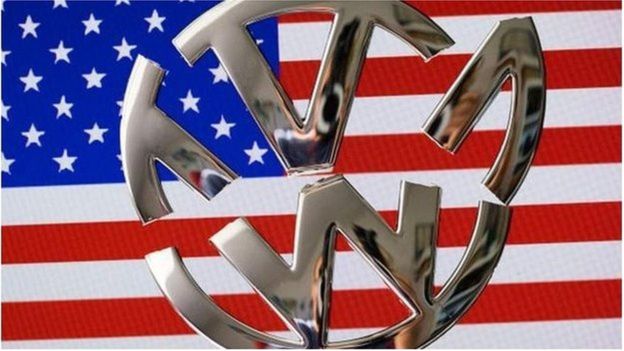
Assuming that owners choose to return their vehicles to VW for a “refund”, the amount of money they would receive is diminished compared to the expected value the owner and manufacturer established when the car was purchased.
These three articles solidify what most Americans already know, that injury to a car or its inability to perform as designed leads to a diminished value of the whole. Who would want to pay full value for a car that produces 40x more pollution than was intended?
As the economist John Keynes would say, no rational person would pay the same amount for an inferior product given the option to purchase a similar one without the associated risk or negative attribute.
Further, as these articles recognize, the proposed repairs have an additional inherent risk in them – causing the market to shy away from the full market value of such vehicles.
The articles are fairly consistent with legal theory, in that the remedy must make the injured party completely whole. To truly make these purchasers whole you must provide them with a car that meets the benefit of the bargain, or essentially provide them with a vehicle of the same make and model from the factory that meets the bargained-for pollution standards.
If the choice by the consumer is to sell the car back, than the value of the car must be the retail value of the vehicle had it worked (the touted mileage capability + the limits on its output of pollutants) as intended. It should not be some new, already diminished value due to the manufacturer’s malfeasance.
If the repair to the emissions system does not bring the car back to its intended value –based on the emissions system having been properly installed and met the bargained for specifications – then the owner of the vehicle should be compensated for the full loss of value of the car.
Essentially, what is the value of the bargained-for-car versus the one that was actually delivered and then subsequently repaired?
The owner of the vehicle also needs to be compensated for loss-of-use during the repair by either providing the same car as a substitute rental or the cash necessary to rent the same vehicle.
My practice commonly sees all kinds of legitimate reasons that devalue property and most often the injured party overlooks these losses. This means that the people that are affected most take it on the chin.
I know that the issue of what VW did and the remedies are a much bigger issue, one that has class action lawsuits galore, but I think that Consumer Reports makes a very viable claim that consumers are losing value because their cars aren’t being properly assessed by VW?
Here are several articles on the issue if you are interested:
http://www.autoblog.com/2016/08/05/consumer-reports-volkswagen-diesel-scandal-buyback-settlement-report/
http://www.reuters.com/article/us-volkswagen-emissions-idUSKCN10G1I6
https://www.consumerreports.org/cars-guide-to-the-volkswagen-dieselgate-emissions-recall/
If you think your car has suffered diminished value due to an accident, loss of use or for some other reason, please call us at 860-757-3828 or fill out this contact form.
